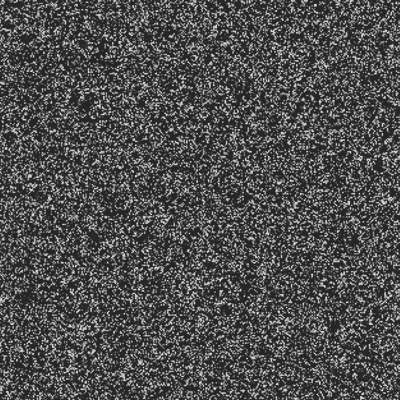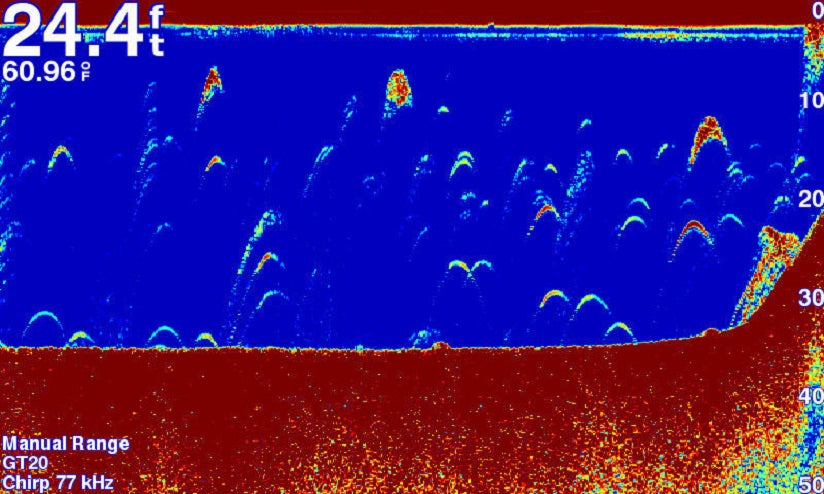The Question is reflected in the following discussion;
You are claiming to be an omniscient God?promethean75 wrote: ↑Fri Dec 29, 2023 3:51 pm "There is no absolute objectivity nor absolute human independent objective reality. What is objectivity is subject to the degrees of credibility and reliability of the specific FSK."
So it was an intersubjective truth (fact) that the earth was the center of the solar system before copernicus came around, or was it just an intersubjective belief based on an inaccurate FSK about the nature of objective reality?
Do a reasonable reflective thinking on this?
Do you think a virus, bacteria, insect, reptile, bats, fishes and non-human animals would have such a realization of reality and knowledge that
"that the earth was the center of the solar system before Copernicus came around,"
Do you think those non-human animals would have concepts and reality like,
-the earth,
-center of,
-solar system,
-before,
-Copernicus,
-the combination of the above into a realization and statement?
It is the same if one ask,
did the moon pre-existed [before] humans and even if humans are extinct?
If there are viruses or bacteria in the whole universe, their cognition and reality would likely be this;

for a viruses, there is only the above with cluster of denser particles,
there is no -the earth, -center of, -solar system, -before, -Copernicus,
other non-human living things would see clusters [in different densities] of moving particles.
As such, it is only humans who realize, perceive and know the following specific human-subjects-based reality;
"that the earth was the center of the solar system before Copernicus came around,"
"the moon pre-existed [before] humans and even if humans are extinct"
In any case, humans have just evolved from 'animals' not too long ago relative to the evolutionary ladder.
Do you claim yourself or for other humans that they are like an omniscient God to insist what they perceived as real is absolutely and 100% certainly true?
If you are not an omniscient God, you cannot claim
"that the earth was the center of the solar system before Copernicus came around,"
is absolutely true.
In that case, you can only claim the above is true not by yourself personally but intersubjectively [collective-of-subjects] within a human based FSK, of which the scientific FSK is the most credible.
The fact is for whatever you realize as really real, you cannot get rid of the human-baggage that is imperatively attached to it.
An entity with higher intelligence [10x, 100x or more] than humans is not likely to state,
"that the earth was the center of the solar system before Copernicus came around,"
or
"there is a Big Bang before the Universe existed."
Why humans think they are godlike on claims of reality is actually, as Hume alluded, out of psychological desperations from constant conjunctions, customs and habits.
Thus it is very reasonable to assert there are,
-virus based FSK intersubjectivity of reality
-human based FSK intersubjectivity of reality
-aliens based FSK intersubjectivity of reality
-XYZ based FSK intersubjectivity of reality
without any absolutely absolute reality.
Discuss??
Views??

